Quakers Fostering Ecumenical Ties in the UK and Ireland
Quakers in England, Wales, Scotland, and Ireland actively build inter-church relationships through ecumenical organizations that unite believers at the national and local levels. Current concerns include climate change, racial diversity, and same-sex marriage. Historically, Friends’ ecumenical work proved instrumental in the peace process that ended the Irish Troubles, the 30-year conflict in Northern Ireland that ended in the late 1990s.
“Quakers are very small players in their numbers, but we have a very loud voice,” said Elaine Green, clerk of the Quaker Committee for Christian and Interfaith Relations (QCCIR).
QCCIR members are appointed by the Meeting for Sufferings of Britain Yearly Meeting. Meeting for Sufferings is the standing body responsible for the yearly meeting’s business year-round.
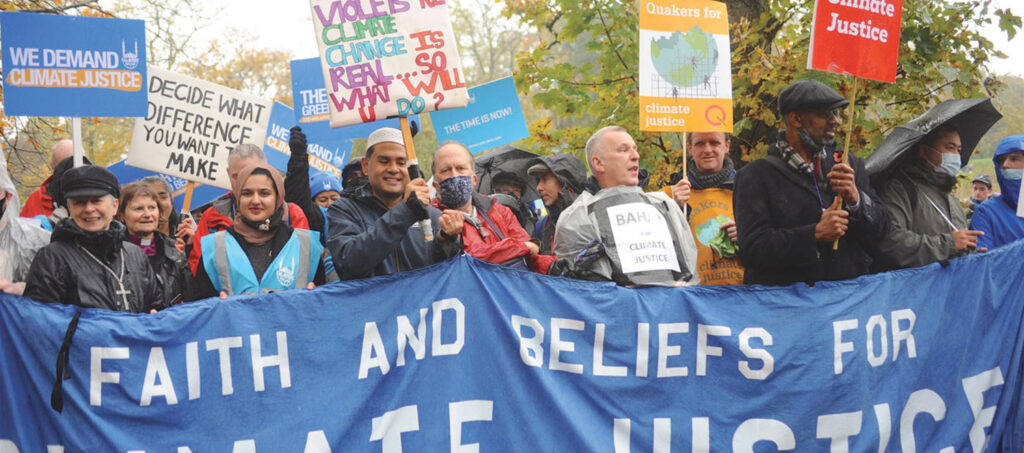
Quakers were one of the original faith groups connected to the Irish Council of Churches that attempted to foster common ground between Catholic and Protestant churches. Irish people remember Quakers as humanitarians who fed starving Irish families during the Irish Famine of 1847, according to Will Haire, clerk of Ireland Yearly Meeting. Starting in the 1970s, during the Troubles, Quakers ran family centers to help relatives of fighters incarcerated without trial. In 1982 Friends established Quaker House Belfast, where parties to the conflict could meet for informal conversations over meals. During the peace process, Quakers acted as messengers between the British government, the Irish Republican Army, and Sinn Féin, according to Haire.
“They couldn’t be seen to talk to each other,” Haire said of the fighting parties.
The Troubles took place during the three decades between the late 1960s and the late 1990s. Catholic nationalists and Protestant loyalists clashed violently over whether Northern Ireland should remain under British rule. Northern Ireland had been divided from the Republic of Ireland after the 1921 War of Independence. During the Troubles, nearly 3,500 people were killed, and about 30,000 were injured. Tactics included car bombings, arson, riots, and murder of civilians. The Troubles ended when parties to the conflict engaged in the 1998 Good Friday Agreement.
“Quakers could facilitate reconciliation because they did not identify as Protestant or Catholic,” said Sue Williams, a Quaker who, along with her late husband, Steve, facilitated talks among the fighting parties.
Diplomats specifically looked to Quakers to help with mediation, according to Williams. Williams noted that the peacemaking process took a long time. The average commitment to Quaker peace building projects during the conflict was 12 years. Williams drew on her degrees in French and politics to inform her work. She also learned from local mediation networks and found mentors from among an older generation of Quaker peacemakers in Ireland.
Williams noted that refusing to talk to the opposing side was a source of power for each party in the conflict. By contrast, Quakers willingly met with all factions and sought to understand their varying views. Quakers did not want to take credit for their work but sought to honor the Divine in those with whom they worked as mediators.
“There is something of God in everyone. They may not want us to see it,” Williams said.
At the centers Quakers established, they offered hospitality and sought to restore dignity to members of families divided by the conflict, according to Nicola Brady, a Catholic who is general secretary of Churches Together in Britain and Ireland.
“It was quite literally lifesaving work,” Brady said.
“Quakers could facilitate reconciliation because they did not identify as Protestant or Catholic.” Diplomats specifically looked to Quakers to help with mediation.
In addition to enabling them to mediate intransigent conflicts, Quakers’ commitment to seeing that of God in everyone helps in work with those who differ theologically. Some ecumenical organizations, such as Churches Together in Britain and Ireland, Churches Together in England, and Cytûn in Wales, have included special clauses in their constitutions that allow non-creedal churches such as the Religious Society of Friends to join.
Quakers affirm the spirit of other churches’ creeds without professing a creed themselves, according to Gethin Evans, a trustee of Cytûn, an ecumenical organization in Wales that conducts all business in Welsh and English.
In nearly every British town there is a Churches Together group. In some places in Britain, Quakers are not allowed to join because they do not unanimously profess to believe in the Trinity. Quakers form an essential part of Churches Together in Birmingham, Manchester, and Liverpool, according to Elaine Green.
Quakers contribute significantly to ecumenical groups because they excel at listening to where people stand and why they have the views they hold. Many Friends are involved in the World Day of Prayer, an international ecumenical Christian laywomen’s initiative. Participants do not debate theological differences but emphasize common ground, such as concern about climate change, according to Judy Mason, Quaker representative to the World Day of Prayer. Non-Quakers participate in silent waiting worship. Mason finds meaning in what representatives of other churches contribute, despite differences in format.
“I feel I have to translate what is being said and sung into my own language,” Mason said. After representatives listen to each others’ suggestions, participants ultimately adopt a general prayer that all can agree to pray.
Quakers in ecumenical work often play the role of convenors, employing “quiet diplomacy” and creating space for dialogue, according to Grace Da Costa, public affairs and media manager for Britain Yearly Meeting, also known as Quakers in Britain.
Quakers served on the steering group for the Police Bill Alliance and encouraged other faith communities to ask Parliament to preserve the right to public protest. The yearly meeting is also part of Faith for the Climate, which advocated for loss and damage payments to countries in the global south prior to the COP 26 and COP 27 international climate summits. Quakers remain strongly committed to participating in ecumenical bodies even when it is extremely difficult to maintain diplomacy and establish common ground.
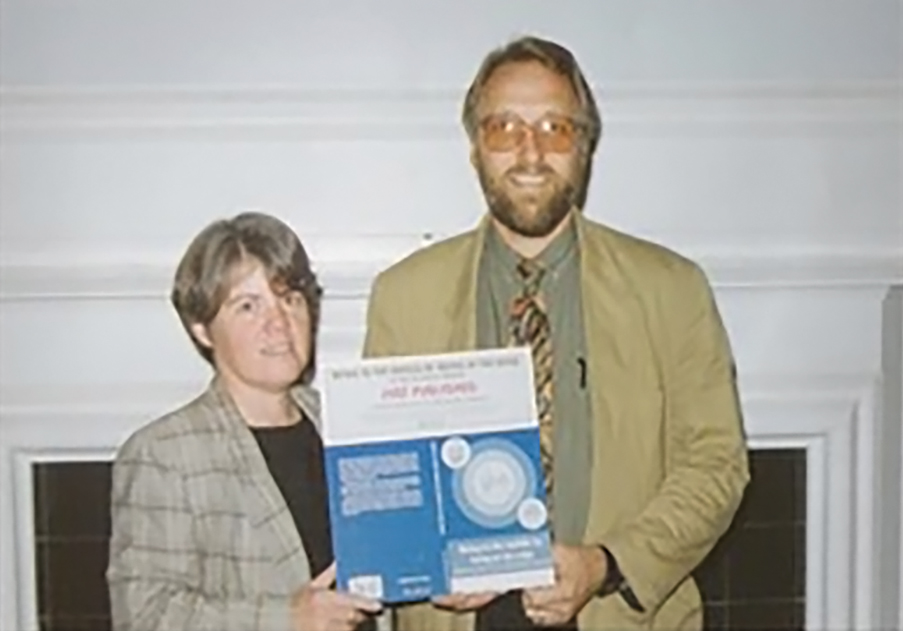
Churches Together in England (CTE) has several co-presidents to represent broad groupings of member churches. Quakers nominated Hannah Brock Womack to the Fourth Presidency, but other members of CTE blocked her from the position because she is married to a woman. The Fourth President’s chair remained vacant for that four-year term, according to Green. Quakers did not propose an alternate candidate and objected to the veto.
“We said, ‘We are here; we are not going away,’” Green said, adding, “We don’t want there to be a veto of one group against another.”
In addition to divergent views on same-sex marriage, Quaker pacifist convictions differentiate them from many other members of CTE, according to Judith Baker, ecumenical and interfaith officer for Quakers in Britain. Quaker views on war and peace are similar to those of the Anglican Pacifist Fellowship, but the mainstream Church of England is deeply entwined with the military. The king is the head of the armed forces; the Church of England provides a padre to each military unit; and clergy members publicly pray for soldiers.
Quakers’ various biblical interpretations often differ from those of other churches. Many Quakers follow the life and teachings of Jesus but do not necessarily view him as Lord and Savior, according to Baker. Baker refers to Jesus as a guide, friend, and partner, but refrains from using the word “Lord” because she associates it with lords of manors who mistreated the serfs who lived on their lands.
The upcoming 2030 Book of Discipline for Britain Yearly Meeting mentions that many British Quakers are nontheists, but other churches do not officially endorse nontheism, according to Rowena Loverance, chair of CTE and co-chair of Churches Together in Britain and Ireland’s Inter-religious Relations Committee. It is possible that nontheist Quakers would not be welcome in CTE, according to Loverance.
Handling theological differences with goodwill and respect for each others’ humanity is a hallmark of the Scottish Church Leaders Forum and Ecumenical Officers Forum, organizations in which Scottish Quakers participate, according to Adwoa Burnley, clerk of Britain Yearly Meeting.
“We all try to remain respectful, and so far in my involvement, talk has been careful and kind. We very much converse along the lines of ‘our diversity is our strength,’” Burnley said.


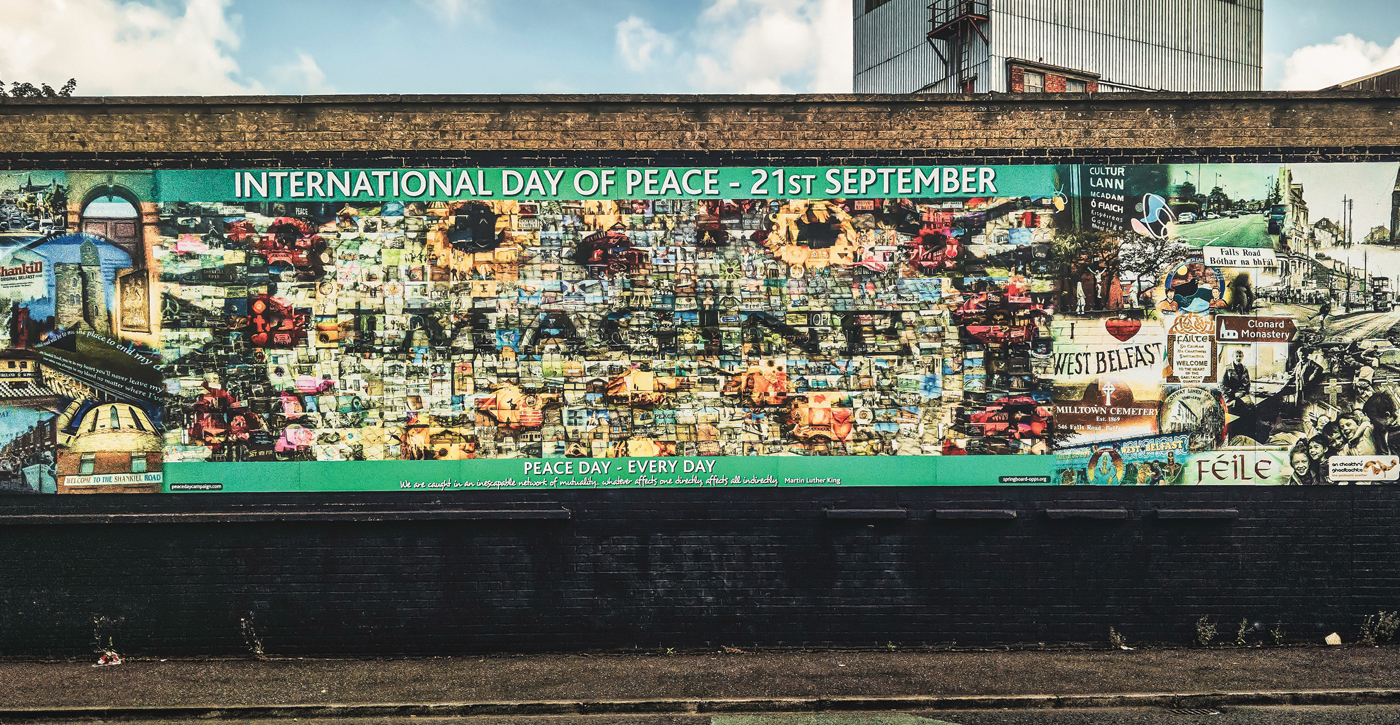
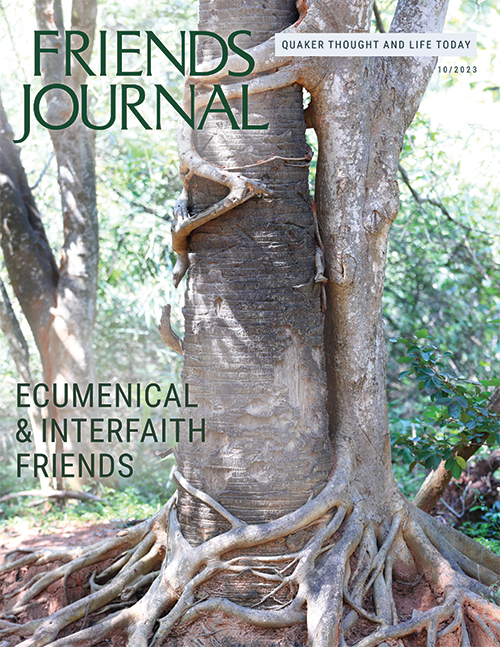
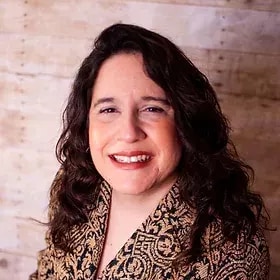
Comments on Friendsjournal.org may be used in the Forum of the print magazine and may be edited for length and clarity.